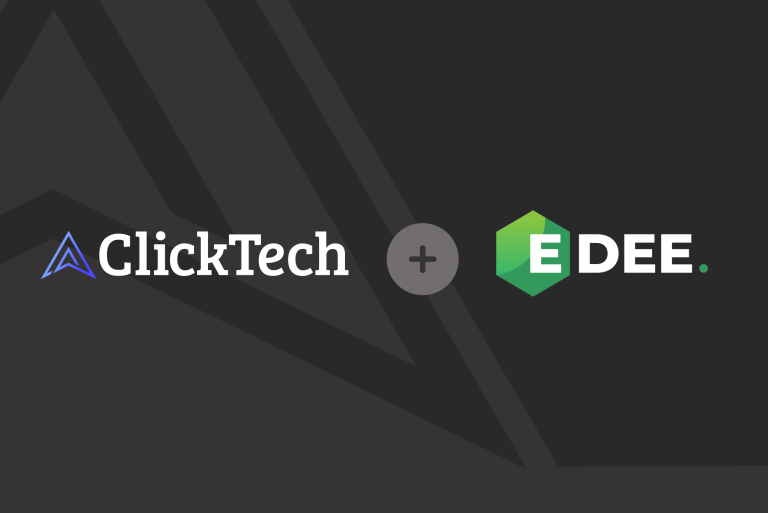TL;DR
- Facebook rebrands as FACEBOOK
- Bing announces Link Penalties
- Google buys Fitbit and states data won’t be used for search ads
- Google rolls out YouTube ad extensions
- Google Ads Editor update includes support for Discovery campaigns
Facebook rebrands as FACEBOOK
What: Social media giant Facebook announced their new parent company’s rebrand on November 4th via Facebook Newsroom. In the coming weeks, Facebook will start using the new brand within its products and marketing materials, including a new company website.
Why: According to the article written by Chief Marketing Officer Antonio Lucio, the new company branding will allow Facebook to be clearer about the products they offer, as he states it was “designed for clarity, and uses custom typography and capitalization to create visual distinction between the company and app.”
The result: Advertisers will be able to differentiate between the Facebook app, Messenger, Instagram, Whatsapp and more as the new logo responds to its context and environment. Similar styling will apply for subsidiaries Oculus, Workplace, Portal and Calibra – a new digital currency wallet set to launch next year.
Bing announces Link Penalties
What: Also on November 4th, Bing’s Web Ranking & Quality PM Frédéric Dubut turned to Twitter to announce a new spam penalty against inorganic site structure. It will include PBNs and link networks, doorways and duplicate content, subdomain or subfolder leasing and spammy web hosts and hacked sites.
Why: Some of the features have been implemented based on the undisclosed feedback Bing received earlier this year, though on a wider scale, it will help to address violations and attempts to obfuscate website boundaries.
The result: The policy will be effective immediately for manual reviews, with algorithms targeting such behaviours being rolled out progressively over time. Domain owners will be held responsible for the content hosted under their domain, with compromised sites being penalised until they are completely clean.
Google buys Fitbit and states data won’t be used for search ads
What: Google bought Fitbit for £2.1b amid plans to “accelerate innovation in the wearables category, scale faster and make health even more accessible for everyone.” The news was announced on November 1st as they entered the unanticipated definitive agreement.
Why: A recent blog post written by Rick Osterloh, Senior Vice President, Devices & Services at Google, states the company saw an opportunity to invest further in Wear OS as well as introduce Made by Google wearable devices into the market. Paired with the best AI, software and hardware, both parties will be able to construct innovative concepts with the customers’ health and happiness in mind.
The result: According to Google, Fitbit health and wellness data amongst its 28 million active users will not be used for Google Ads, though users will be given the choice to review, move or delete their data at any point.
Google rolls out YouTube ad extensions
What: Google is introducing new extensions for YouTube ads to help advertisers elevate their campaigns and prompt users to take further action beyond clicking on the original ad. These are known as call-to-action extensions, TrueView extensions for action and sitelink extensions.
Why: Ad extensions of this nature make it easier for advertisers to drive greater clicks and conversions and allow customers to browse intently with ease. Research from Google’s beta test also shows that adding sitelinks to various ads resulted in 23% more conversions and 50% more clicks.
The result: Advertisers will be able to hit their business goals faster by providing users with additional information such as physical store locations and lead generation forms. Call-to-action extensions will become available for 6-second bumper ads while Trueview extensions continue to expand and sitelink extensions roll out over the next few months.
Google Ads Editor update includes support for Discovery campaigns
What: The latest version of Google Ads Editor (v1.2) includes support for App campaigns for engagement and Discovery campaigns, allowing advertisers to create and edit these campaigns at scale within the program. It was introduced on November 7th, almost four months after the initial launch of version 1.1.
Why: The new update will make it easy for advertisers to get the most out of their campaigns and spend more time creating valuable content for their users, rather than optimising based on intuition.
The result: Advertisers will have access to shared negative keyword lists which they can utilise to ensure their ads only show for targeted search queries. They’ll also be able to search for errors across their accounts and campaigns, gain access to campaign support and use the condensed edit pane to streamline their processes.
Other hot topics of the week include:
- Google launches anticipated page speed report in search console which pulls data from the Chrome User Experience Report to automatically group URLs and give advertisers an instant overview of their page performance.
- Google expands shopping ads to over 50 new markets, rolling out features such as multi-country feeds, automated feeds and new merchant centre experience.
- YouTube launches redesign of its desktop homepage and makes various improvements based on user feedback including longer video titles, larger thumbnails and higher resolution previews.



